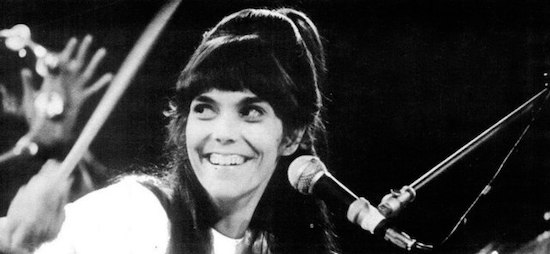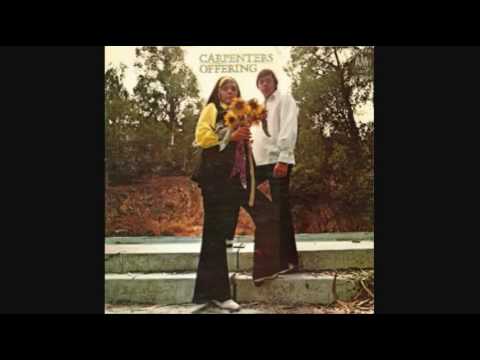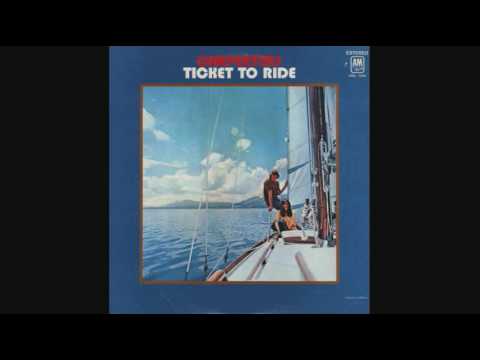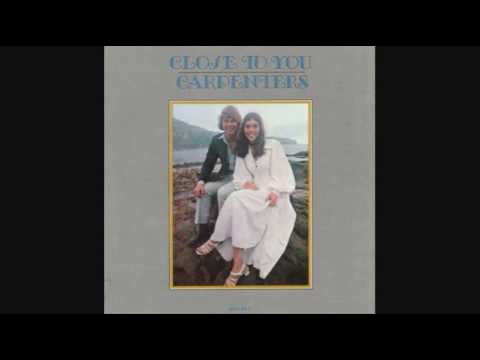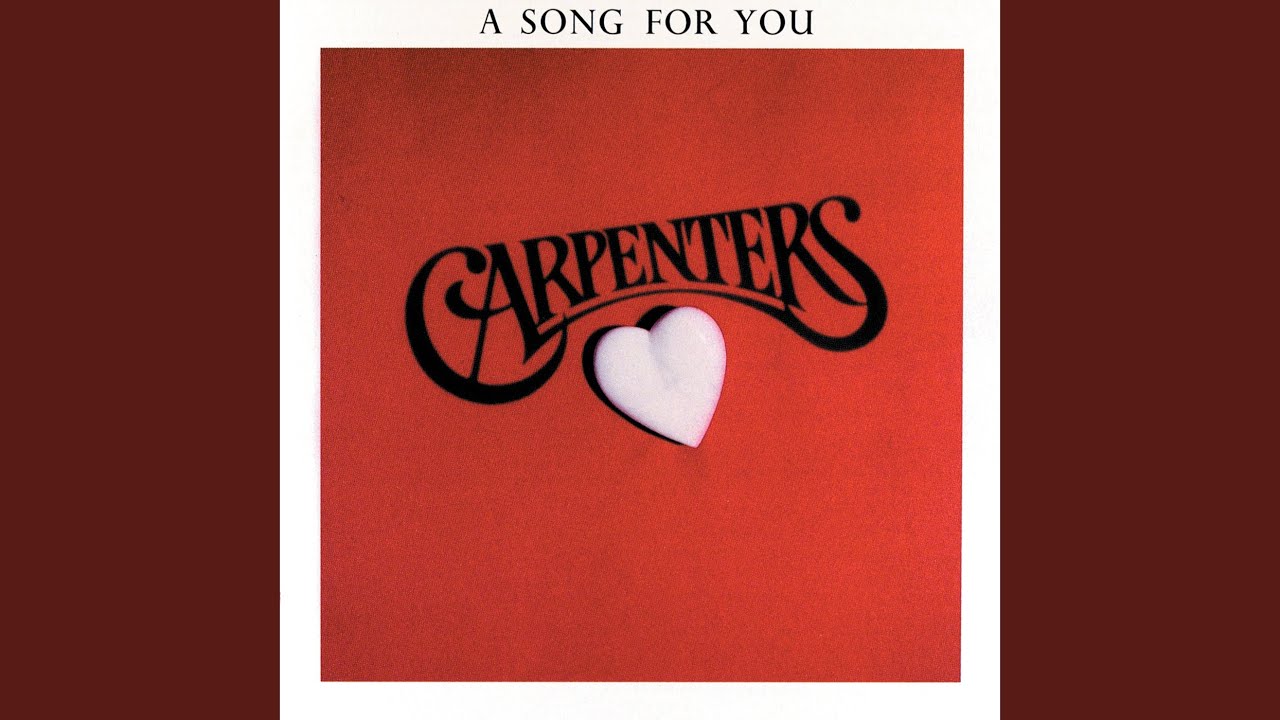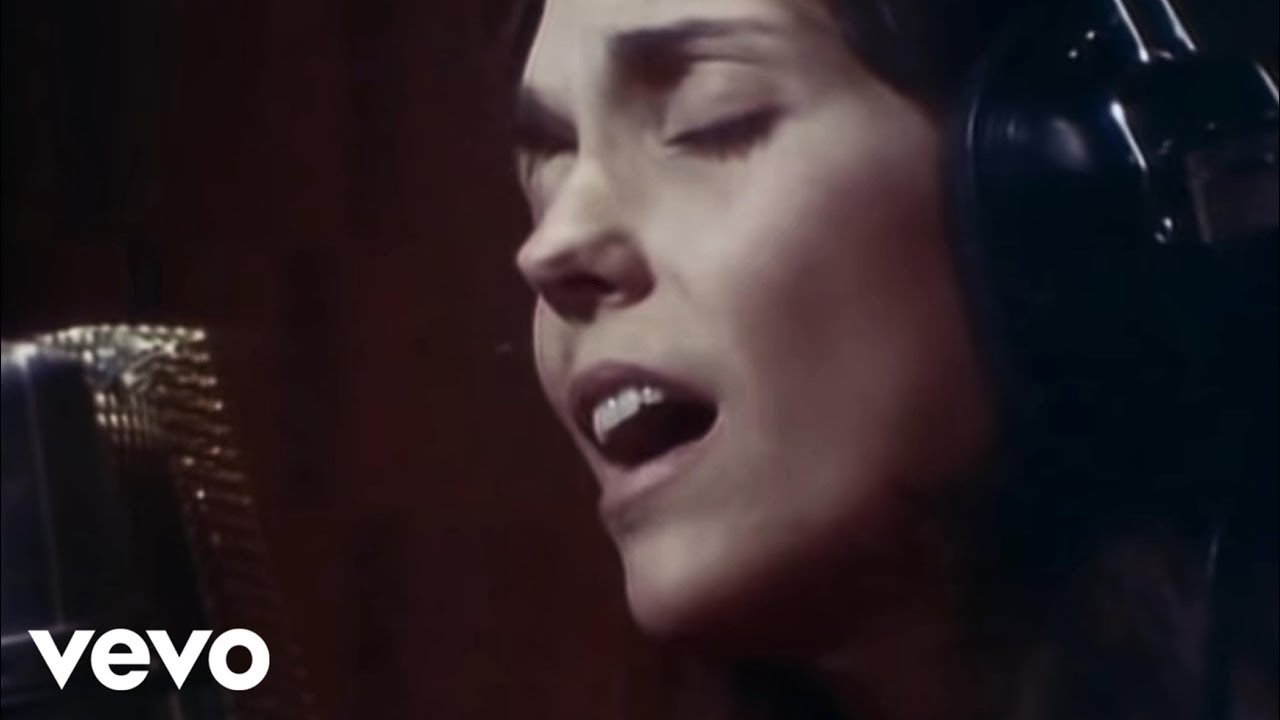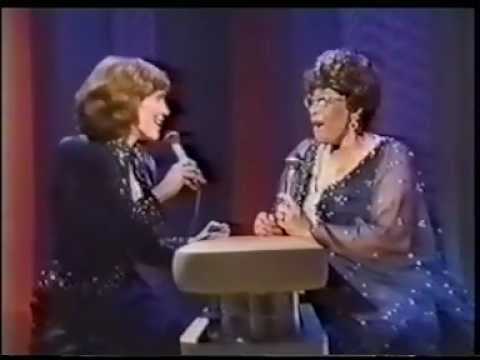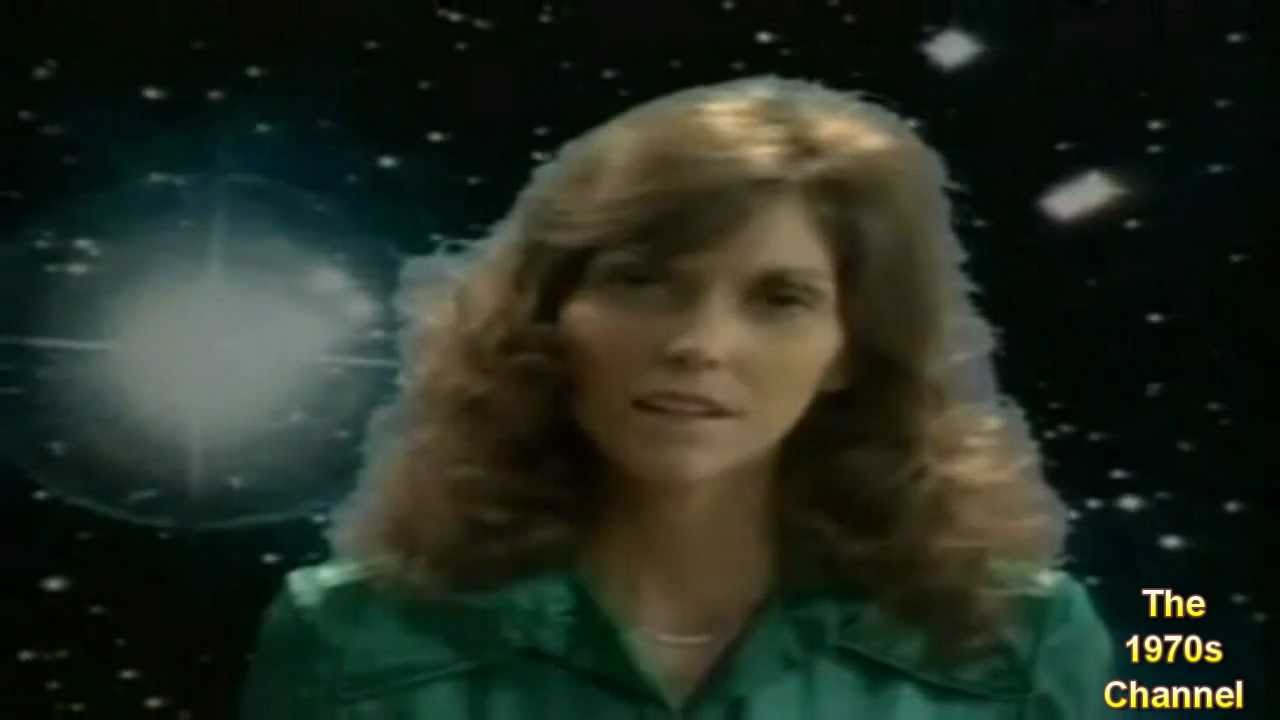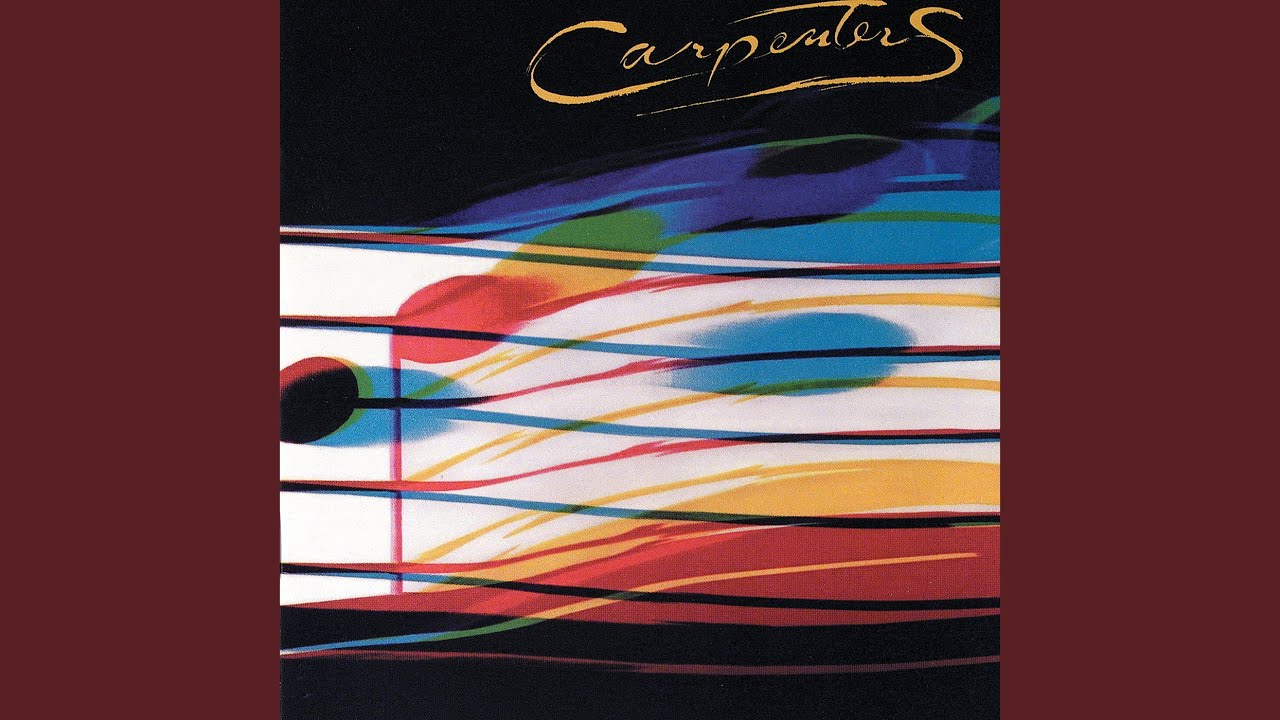Forty years on from Karen’s tragic early death from anorexia, Lucy O’Brien’s biography Lead Sister reframes the musician’s life and legacy. For too long Carpenter has been portrayed as a her brother’s pawn and the victim of an exploitative music industry. Although she sometimes struggled to be heard on her own terms, Karen was a tough cookie, a dynamic drummer and a pioneering woman with her own vision.
A driving force in the Carpenters, Carpenter was credited as associate or co-producer on most of the group’s albums and was in the studio 24/7. She liked extremes, and when she and brother Richard layered the lush vocal overdubs, she was the one pushing for the louder “Wahs” – the bigger and more pronounced, the better.
In the last few years of her life Karen branched out with a solo project, recording an album with Phil Ramone in New York. Many now recognise this as an important phase of her work, and had she survived, the blossoming of a whole new career.
For her book O’Brien travelled to LA and spent time interviewing friends, ex-lovers and musicians who had worked with Karen, building up a picture of a woman who was deeply troubled but also sparky, spontaneous and highly driven. Here she picks ten deep cuts, rarities and favourites that show different aspects of Karen’s monumental talent as both drummer and singer.
Looking for Love/I’ll Be Yours
Taped on a rudimentary four-track, Karen’s solo debut was a double-A side single released in 1966 on Magic Lamp, a small LA garage label founded by ‘Wrecking Crew’ bassist Joe Osborn. Although Richard initially showed up to audition, his ‘tagalong sister’ Karen was the one who attracted attention. “She stood in my garage, 16 years old, and sang with that voice. It was there from the beginning,” recalled Osborn. ‘Looking for Love’ is a striking slice of psych pop driven by Karen’s frenetic drumming and loud, confident vocals. The lyrics echo a theme that was to recur later in Carpenters songs: searching for an elusive love that is always just beyond reach. The other side ‘I’ll Be Yours’ was just as strong, with its edgy girl group sound. Only 500 copies were pressed, but thankfully, the single still survives.
All I Can Do
The Carpenters’ first two A&M records – before they became the lush supersonic behemoth and a global brand – show a group experimenting with an eclectic mix of folk, sunshine pop and classical baroque. ‘All I Can Do’, a deep cut from the Carpenters’ 1969 debut album Offering, features full-power harmonies underscored by Karen’s funky drumming, including some nifty avant-jazz snare work.
Crescent Noon
This stand-out track on 1970’s Close To You album, an early one from the Carpenters’ repertoire, shows Karen’s meticulous vocal training. After high school in 1967 she followed Richard to Cal State to study music with the tutor Frank Pooler. Though not interested in the college curriculum, Karen was enthralled by his choir, soaking up whatever he had to teach. “Frank Pooler is a genius with vocals, just a genius. There are choirs where you have eighty people and it sounds like eighty people yelling … but Pooler’s thing is to make eighty sound like one,” she enthused. Admiring his rebellious approach, Karen described Pooler as a ‘far out’ character. “In the music department he’s like a thorn, he’s different … He doesn’t always do strait-laced stuff. He brings in tape recorders and plays them backwards while you set them on fire.” Karen retained what she had learned from Pooler – the precise pitching, complex harmonics and the strength of voice as pure expression – and brought that to the Carpenters’ sound.
Road Ode
With its restless, continuous movement, the Carpenters’ song ‘Road Ode’ on Song For You (1972) perfectly captures the full-tilt energy of their live schedule. Written by two guys from the touring band, bass player Gary Sims and guitarist Danny Woodhams, this insider song affects world-weariness in its catalogue of endless roads and bland motel rooms, but Karen’s breezy delivery tells another story – one of excitement and volition. She was moving at breakneck pace, building her career, while at the same time bucking a trend. In the early 1970s the median age of marriage for women in America was 21 and the women’s movement was still young. At the point she was expected to become a full-time mother and homemaker, Karen was averse to settling down and hitching herself to one man. “I’m a bulldozer in relationships,” she once said, “I don’t think I’ve ever been in love.”
Only Yesterday
My favourite Carpenters’ song was recorded in 1975 in A&M’s Studio D with state-of-the-art 24-track Dolby technology, so each instrument could be heard with pristine clarity. On this John Bettis/Richard Carpenter composition, Jim Gordon’s kick drum, Tony Peluso’s guitar riffs and Karen’s yearning vocal are combined to create a sparkling wall of sound. The track has been called power pop, but it has a transformational force that goes beyond that generic description. “It’s not muzak. We have fairly strong backbeats … maybe next to Led Zep it seems quiet, but next to muzak it sure as hell isn’t quiet. There is a hell of a lot going on with the arrangements and the colour,” Richard said about this song.
Karen Carpenter/Ella Fitzgerald Medley [From Music, Music, Music TV Special, 1980]
This rarity features Karen confidently duetting with jazz legend Ella Fitzgerald for a Carpenters’ TV special, released as part of Time Goes By, a 2001 compilation of demos, live shows and TV appearances. The two vocalists sing a medley that fuses Leon Russell (‘This Masquerade’) with Rodgers & Hart (‘My Funny Valentine’) with Duke Ellington (‘Don’t Get Around Much Anymore’). They’re clearly enjoying the duet, engaging in a deft call and response. At the end of filming this segment Karen said to Ella, “Okay?” The latter smiled shyly. “You be sounding like me.”
Calling Occupants Of Interplanetary Craft
By 1977 labelmates the Sex Pistols had shaken up A&M and the Carpenters felt free to move into a quirky new musical direction, with this song about extra-terrestrials. To many fans this seven-minute inter-galactic opus was an inspired move. From Karen’s echoing vocals, to fairground rhythms, military brass, rock guitar, sweeping strings and a celestial chorus, ‘Calling Occupants’ was not so much a song as an event. Maybe the reason the song was so powerful was the cryptic clue that lay at its heart. Karen had disappeared for a while because of a mystery illness and now she was back. But was she back? As her voice drifted, disembodied, out into “the vast unknown”, there was the sense that on a personal level as well as to the wider world, Karen – now in the grip of chronic anorexia – was floating further out of reach.
B’Wana She No Home
Part of the reason for Karen’s anorexia was a desire for control, and a need to break free as an artist. This track on their 1977 album Passage shows how it was not just about ballads piled high with harmonies, Karen could also kick booty. The arrangement was scored by Gene Puerling, founder of vocal groups the Hi-Lo’s and the Singers Unlimited. In the song she plays the part of a wealthy recluse who has a servant instructed to say, whenever anyone comes to the door, “B’wana [Sir or Madam in Swahili], the mistress is not at home.” In return the trusted servant is free to drive her car and spend her money. Playful and savvy, the song shows Karen branching out with ease into jazz soul and this laid the template for the sound she was to explore two years later as a solo performer.
If I Had You
In 1979 Karen travelled to New York to work with producer Phil Ramone, and made a female soul album, her first compelling statement as a solo artist. Listening over forty years later to this stand-out song, what comes through is Karen’s own fresh, funky aesthetic. She sings in a higher register than on the Carpenters albums, weaving throughout her own intricate vocal arrangements. Her approach is intimate and upbeat, a conscious departure from the low, lush overload of songs like ‘Solitaire’ or ‘This Masquerade’. She’s responsive to Rod Temperton’s fluid arrangement and sax player Michael Brecker’s jazz tones. Posthumously released in 1996, this track is nimble, classy and smart – in the vein of albums like Teena Marie’s Lady T or Patrice Rushen’s Pizzazz.
Another Song
It seems fitting to conclude this Essential list with a fantastic example of Karen in full drumming mode. A deep cut from the Carpenters’ 1970 Close to You, album ‘Another Song’ is an idiosyncratic baroque fusion number that begins with medieval song before moving into a transcendent jam with Karen creating a spellbinding, trancelike rhythm. No wonder she resisted giving up the drums for so long – she had the chops.
Lead Sister: The Story of Karen Carpenter, by Lucy O’Brien is published by Bonnier Books. Lucy is In Conversation with Sian Pattenden at POP/UP Subculture – Stroud’s Music & Culture Book Festival, on 26 March.

